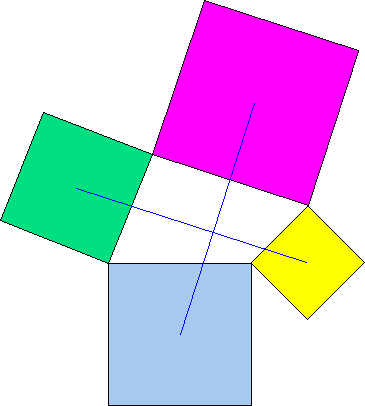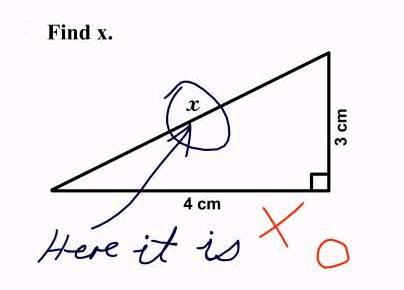I'm currently desperately searching for ways to procrastinate, so help me. If you have any maths questions, ask, and I'll do my best to answer. This means:
- Actual questions, i.e. "What is the integral of sin(x).exp(x)?"
- Explanations, i.e. "Why does the quadratic formula work?", "How can I tell the difference between continuous data and discrete data?"
- Tips, i.e. "What's a good way to stop making this mistake?"
- Anything else you can think of
If you can let me know if my response was helpful, that'd be great too.
Good luck on exams.
- Actual questions, i.e. "What is the integral of sin(x).exp(x)?"
- Explanations, i.e. "Why does the quadratic formula work?", "How can I tell the difference between continuous data and discrete data?"
- Tips, i.e. "What's a good way to stop making this mistake?"
- Anything else you can think of
If you can let me know if my response was helpful, that'd be great too.
Good luck on exams.







